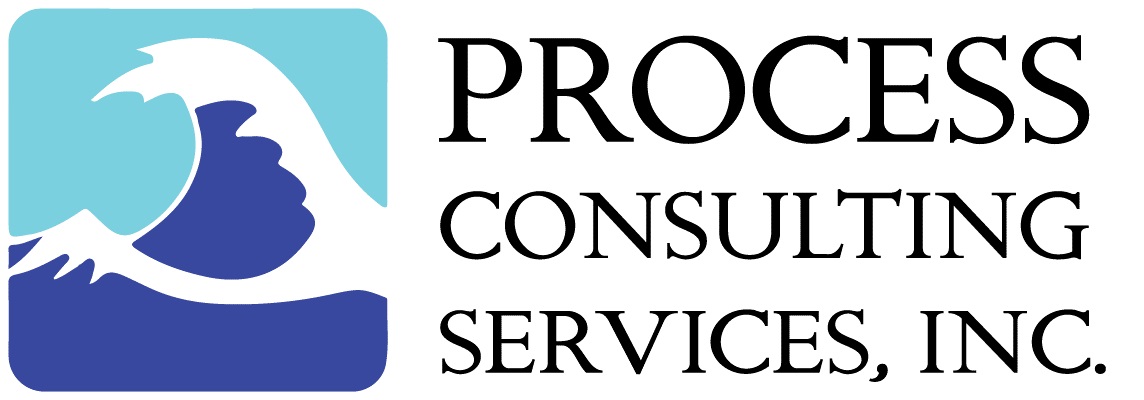Scoping Studies
Early in any potential revamp or grassroots project our clients need to determine whether the project makes economic sense. Whether a client is considering revamping their existing unit to process Canadian Dilbit or building a new CDU to process Eagle Ford or Bakken light tight sands crude blends, they need to understand product yields and quality, notional project costs, and rough utilities requirements to make a sound financial assessment.
A Process Consulting Services scoping study includes sufficient work to provide this level of information while controlling initial engineering costs. We perform the engineering necessary to ensure that the scoping study deliverable answers our clients’ concerns. Our scoping studies are detailed enough that further engineering will not negate the study’s findings. If the project proceeds beyond this initial phase to more comprehensive engineering, the quality and certainty of the information will improve but our basic product yields, process flow scheme, and notional costs should not change.
Feasibility Studies
A Process Consulting Services feasibility study develops process flow schemes, product yields and quality, sized equipment lists, utilities requirements, and cost estimates based on crude blend. Because more engineering is completed during a feasibility study than during a scoping study, the cost estimate will be of a higher quality. Sufficient work will be done to provide accurate information to the cost estimators, but final equipment design is not required at this stage. In our experience, poor cost estimates result from incorrect process flow schemes and are rarely affected by minor changes in equipment sizing.
Consider an example where a refiner wishes to revamp a unit to process high percentage blends of Eagle Ford crudes. It may be determined that an existing desalter is large enough because the crudes are light and low viscosity. However, we know that these crudes tend to form stabilized emulsions due to high solids contents which leads to problems in small desalters. The solids are not effectively removed and periodic rag formation results in high salt carryover from the desalters. This salt carryover results in severe corrosion in the crude overhead system and short heater run length due to solids laydown in the heater tubes. Under these conditions, crude unit run length can be as short as 3-6 months. A feasibility study will either identify changes in the process flow scheme and equipment design necessary to prevent these problems or will predict frequent shutdowns so that they can be factored into the project economics. Sufficient engineering work is performed to identify all process and equipment changes or to determine the likelihood of unscheduled outages.
Process Design Packages
Process Consulting Services’ process design packages provide all of the information that a detailed engineering contractor needs to build a reliable and cost-effective unit. Once the process flow scheme and crude flexibility requirements are identified, all major equipment is designed by Process Consulting Services experienced process engineers who do not rely on vendors. In other words, we provide the process design of all major equipment – not just a process data sheet for the vendor to use to design the equipment. Engineering fundamentals and equipment know-how are the keys to our ability to provide robust and reliable design.
We strongly believe that performing the equipment process design is critical. For example, specifying a CDU heater pressure drop of 150 Psig and allowing the vendor to design the heater is a prescription for an unreliable design that cuts corners to lower the cost. Pressure drop should be a consequence of a reliable design where the heater operates at high mass flux versus an approach where the minimum cost heater design is a consequence of the prescribed pressure drop.
Many designers claim to have low cost designs, but these initial capital savings often come at the expense of reliability, flexibility, and ultimately profitability. While Process Consulting Services skillfully employs sophisticated modeling tools, real unit performance depends on fundamental engineering principles and equipment design know-how. Operating profits are produced by steel on the ground, not the ideals of a computer model. Our revamps always begin with a comprehensive test run to establish major constraints and operating parameters. Grass roots projects draw on the know-how gleaned from our 20 years’ worth of test run measurements and subsequent analysis of many operating units.
Follow-Thru Support
Once the comprehensive process design package is handed off to the detailed engineering contractor, our clients often request follow-thru services including review of the detailed engineering contractor’s work, distillation equipment tests at vendor shop, field inspection, and start-up support. These services are provided only in support of our own process design packages.



